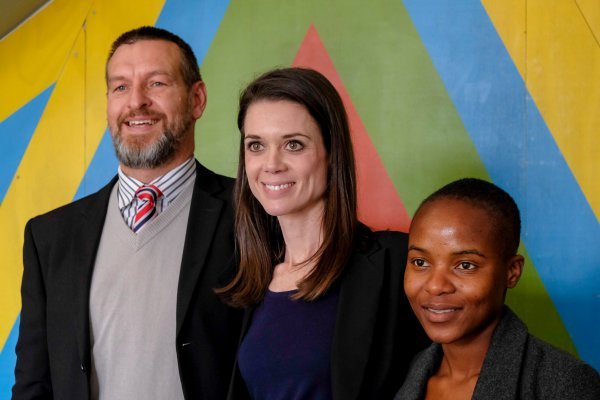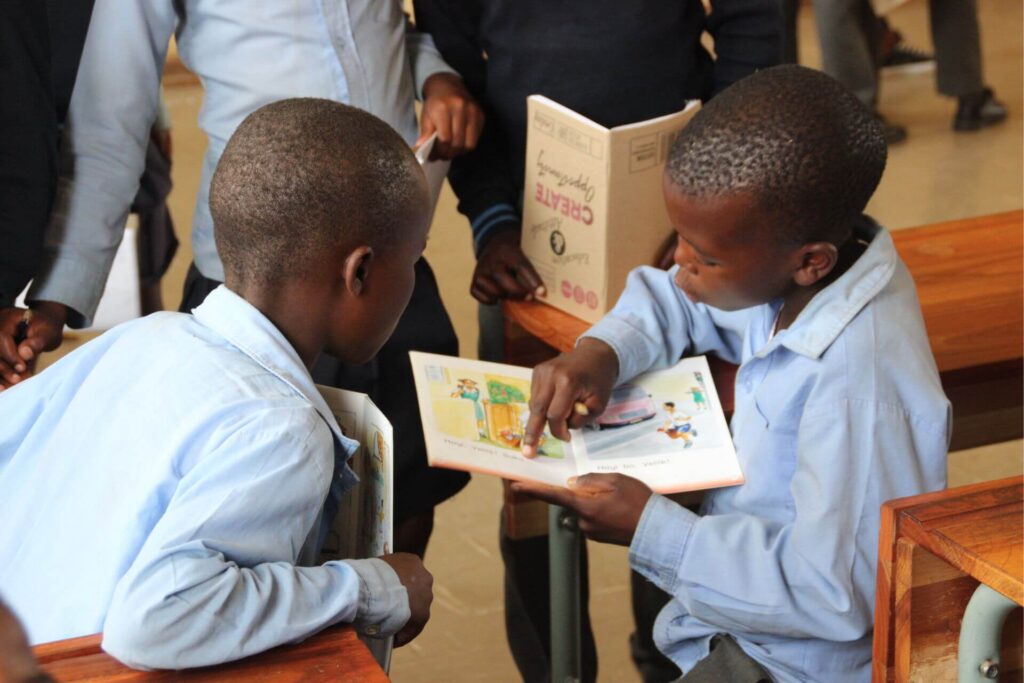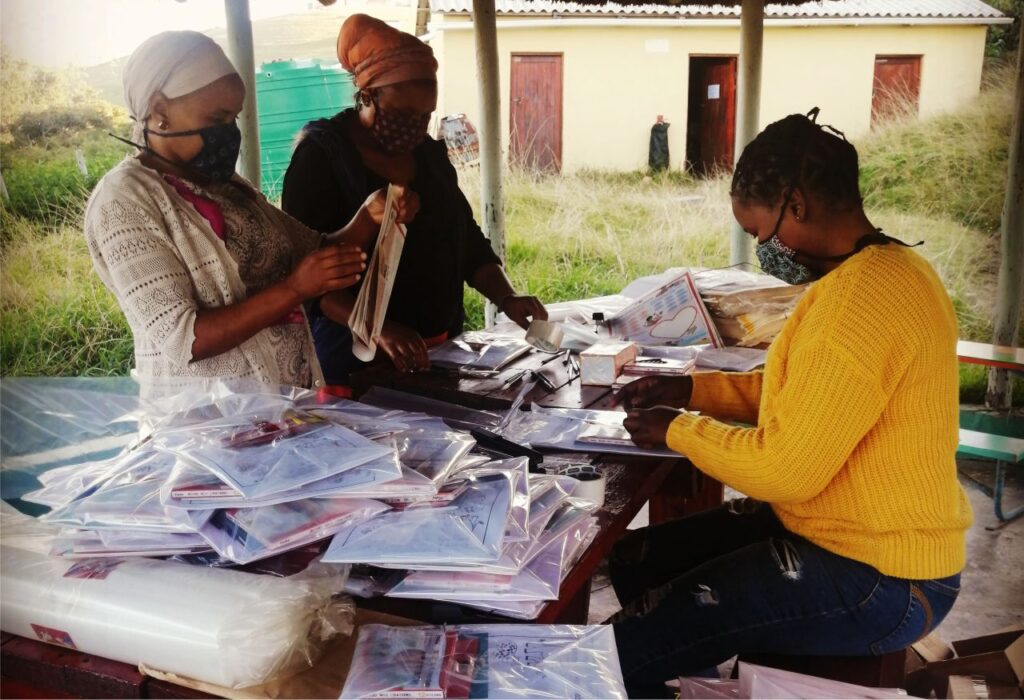Education Bureaucracy
In a recent article written by Professor Brian Levy in the Daily Maverick (here) he poses the question, “What’s a good education bureaucracy worth?”. The context is the poor performance of South African schools, and the explanation often given is that “it’s the bureaucracy’s fault”. In other words, poor functioning education departments lead to poor functioning schools. Indeed, having an education department that can provide good school infrastructure, management of finances and human resources, delivering textbooks on time, and monitoring of performance are hugely beneficial to schools but is that enough to fix schooling. According to Prof. Levy not necessarily so, and it’s not a uniquely South African pattern.
So, what’s the missing ingredient? Apparently, the answer could lie within the schools themselves. Studies show that shifting responsibility to the school-level in ways that support learning- while challenging- will bring about sustained improvement in learning outcomes, especially in low-income communities.
School Responsibility
This made me think about the projects with which Kamvalethu is involved. Schools that we support (Ncinci Ones, Ikhaya Labantwana and three in Bulungula) are in low-income, rural communities and yet are thriving with practically no involvement from education departments. They decide the learning outcomes, the resources they will need to meet those outcomes, and the budget required to fund them.
Kamvalethu adopts an outcomes based-funding model. This model is based upon the same premise highlighted in this article – as a donor organisation we are like a bureaucracy and are not equipped to understand each educational context or the expertise that is required to be successful in that context. We leave those decisions to the people who are in the best position to make those decisions, the schools themselves. We ask that they set and justify the outcomes they are wanting to achieve, and then we fund them based on the successful achievement of their outcomes.
We are only at the beginning of adopting this model, and we have a lot to learn but so far we are seeing the fruits of letting schools get on with what they do best – achieving the best outcomes for the children in their unique school.
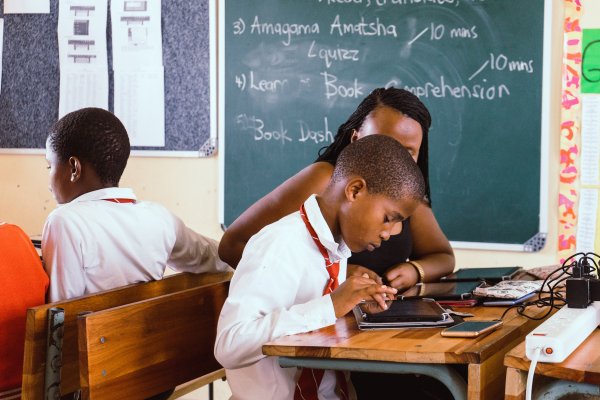
Above: A facilitator assisting a child as part of the Maths Buddy programme run by Bulungula Incubator
